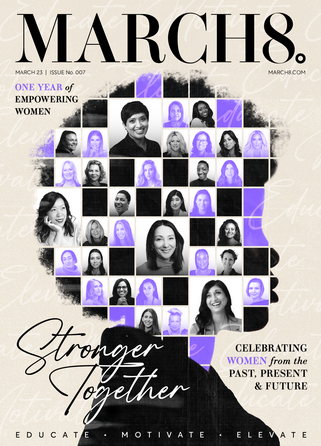67% of working mothers have had their careers “stalled”

Sixty-seven percent of working mothers feel that having children has “stalled” their career, according to new research from workingmums.co.uk.
The survey, which included 2,264 working mothers, found that 90% had not received a pay rise in line with inflation. As a result, 58% shared that they were either looking for a new job or for an additional job to increase their pay.
Of these women, 55% shared that would look to change careers in the next 12 months, with 38% considering changing the sector they’re in.
Charles Cotton, senior reward adviser at the CIPD, said that many “employers won’t be in a position to increase pay to match the current rate of inflation, they can explore ways of reducing the costs associated with being a parent”.
Charles continues to explain that this could be through paid leave for caring responsibilities, offering onsite creches, subsidised childcare, emergency childcare support, maternity loans, accesses to the government’s tax-free childcare schemes, discounted childrenswear and flexible working.
Mothers are living below the poverty line
Some mothers have been found to be living below the poverty line, with 7% sharing that they used a food bank within the last year. Single mothers were found to be hit even harder, with 15% using food banks, according to research from Social Market Foundation.
Families were found to spend roughly 7% of total earnings on childcare costs.
On the other hand, women who did not have children could expect their salaries to increase by over one-third over a decade.
“We know women are more likely to bear the brunt of any economic downturn when compared to men, and with the cost of living crisis coming hot on the heels of the pandemic,” Katy Neep, gender director at Business in the Community (BITC) comments on the lack of equality in the economic downturn.
The urgent need for flexible working
Flexible working has become one of the most influential factors that can tip the balance of whether women stay in the workforce, with Katy stating the “difficulties balancing” work and family life can cause women to leave.
Data from the study also showed that 74% of women see flexible working policies as a ‘dealbreaker’ for whether they take a job, and 84% stated they look for flexible working policies before they apply for a role.
Featured Articles
B Corporation certification has long been hailed as the gold standard of sustainability – we explore why
How does a retail investor replicate, as closely as possible, a venture capital investment strategy? Paula Tavangar of SwissBorg Ventures explores
Michelle Li shares how parents can ensure their children are taking the right steps to a more sustainable future



